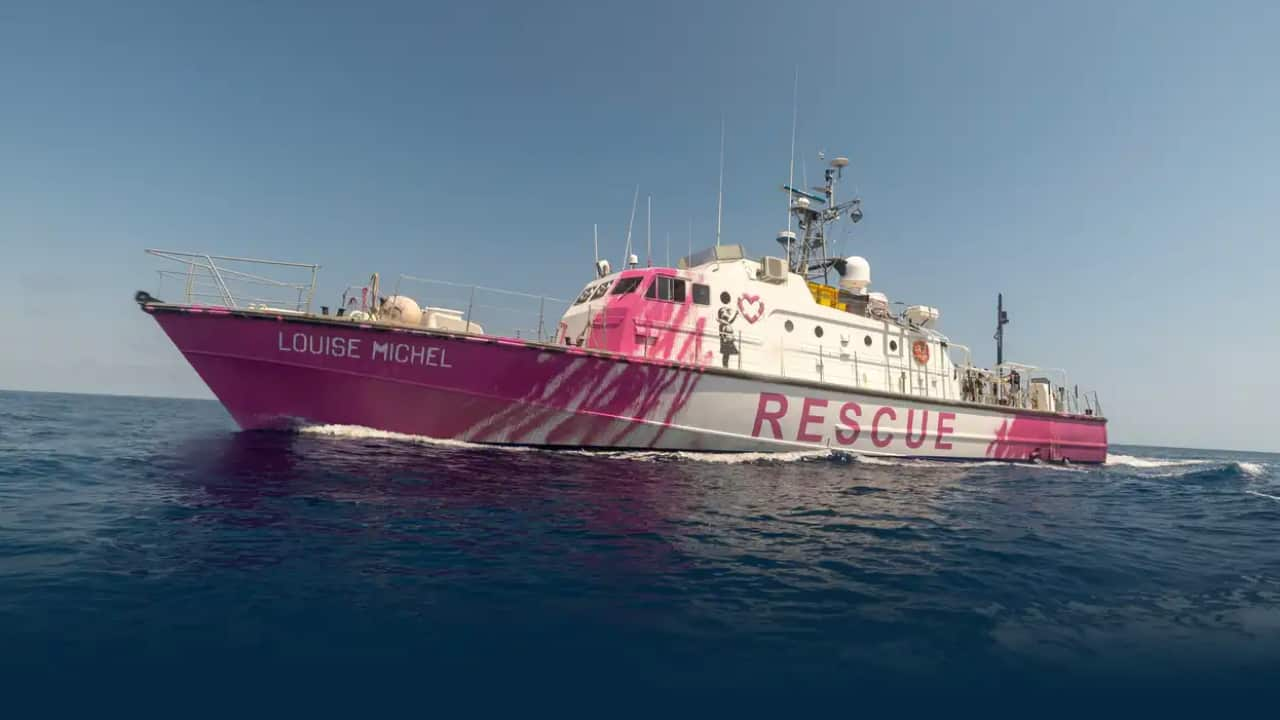Four people who died when their from France to Britain were all members of the same Kurdish-Iranian family, British media reports.
Rasoul Iran-Nejad and Shiva Mohammad Panahi, both 35, and their two children, Anita, nine, and Armin, six, all drowned during stormy weather on Wednesday.
The capsize is the worst loss of life in a single incident and takes the number of migrants to have lost their lives attempting the Channel crossing this year to seven.
Mr Iran-Nejad's brother Ali told the BBC on Thursday that the couple's 15-month-old baby, Artin, was still missing but a search has been called off.
"Some say he is alive, some say he is dead. We are confused," he said. "Our family here are desperate. My father, mother and sisters are crying their eyes out."
Ali said the family had paid a large sum to get to Britain, while Choman Manish, who knew them, said he had warned them several times not to undertake the perilous crossing.
"They trusted in God, they think God will protect them," Mr Manish, who lives at a migrant camp in Dunkirk, told Sky News television.
Kurdish-Iranians at the camp were devastated by the loss of the family, who came from Sardasht, near the Iraqi border, he added.
According to official French figures, 6,200 migrants tried to get across the Channel between 1 January and 31 August, stoking anger and calls for action on the British side.
Britain has accused France of not doing enough to prevent migrants from leaving but Prime Minister Boris Johnson has offered the authorities "every support" in the investigation.
Both he and interior minister Priti Patel criticised "ruthless criminal gangs" for exploiting the vulnerable.
No life jackets
The tragedy has also led to calls on both France and Britain from children's charities and others to provide safer, legal routes for those seeking asylum.
"The Channel must not become a graveyard for children," said a spokesperson from advocacy group Save the Children.
Dunkirk prosecutor Sebastien Pieve earlier told reporters that 14 migrants who were plucked from the water would all be questioned in a bid to identify those responsible.
The group had set off for the south coast of England in a small fishing boat but it turned over in choppy waters.
Investigators believe the migrants were taken from the Grande-Synthe migrant camp to a nearby beach then sailed for some 40 minutes before bad weather forced them to turn back.
"None of them is thought to have had life jackets," he said.
A passing English vessel reported the capsize and triggered a large search and rescue operation involving six boats and three aircraft.
Mr Pieve said one of the survivors who was still receiving medical treatment had not been questioned by French border police. The others were all aged 16 and over.
Up to 22 people may have been on board the vessel at the time, "which means three people are still missing, including a very young child", he added. Mr Pieve indicated this was the family's third child.
The inquiry is seeking to establish who was responsible, and any potential grounds for prosecution, including against the vessel's skipper, he added.
The four victims are thought to have been in the cabin of the boat at the time of the capsize, according to eyewitnesses.



